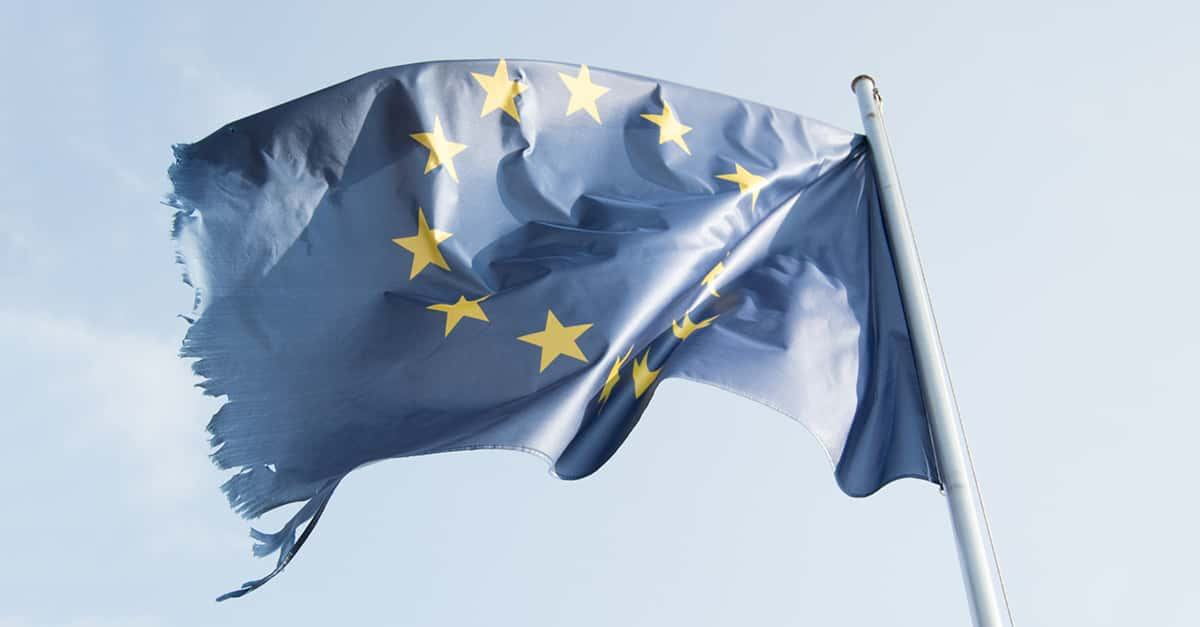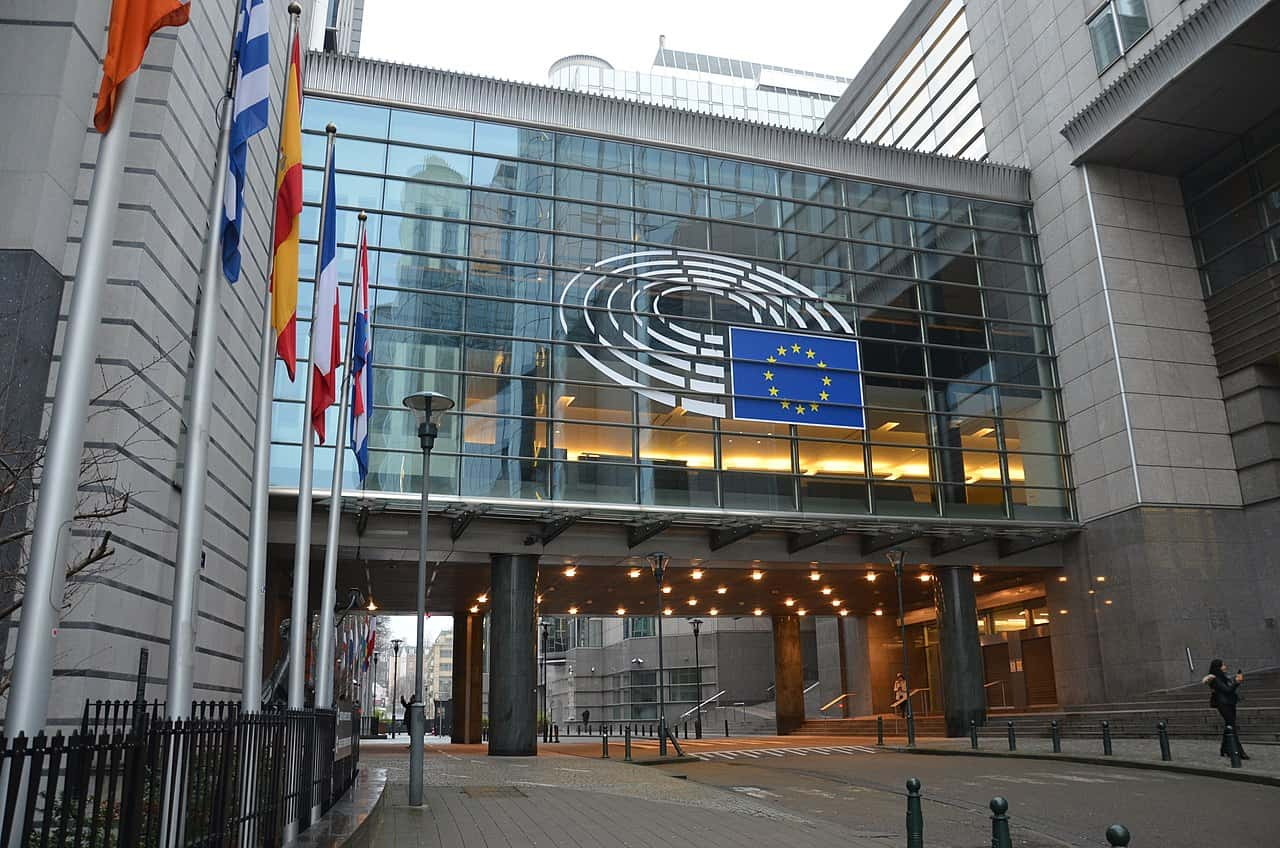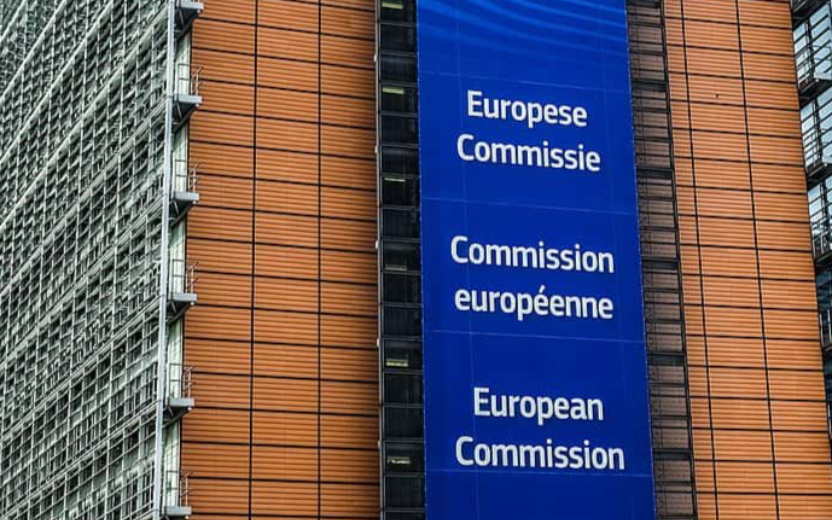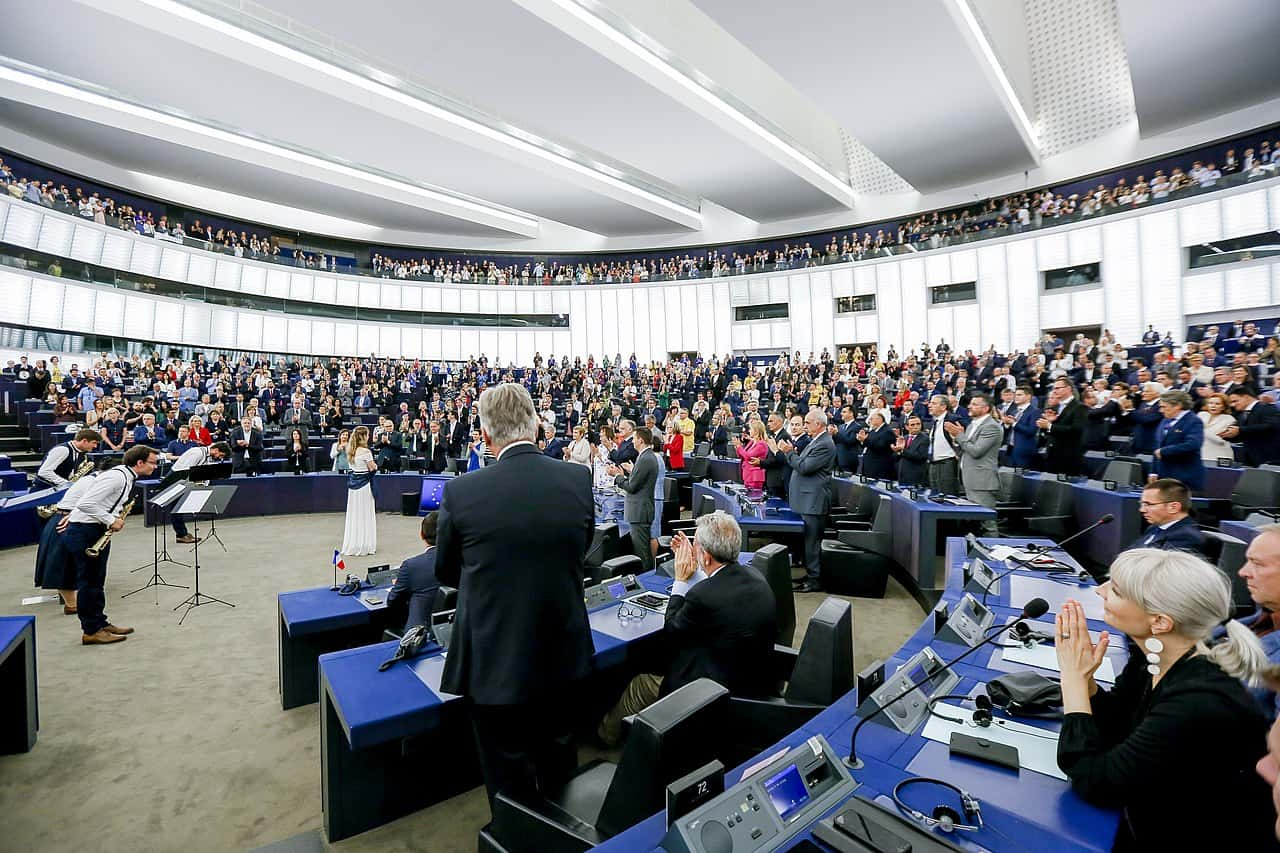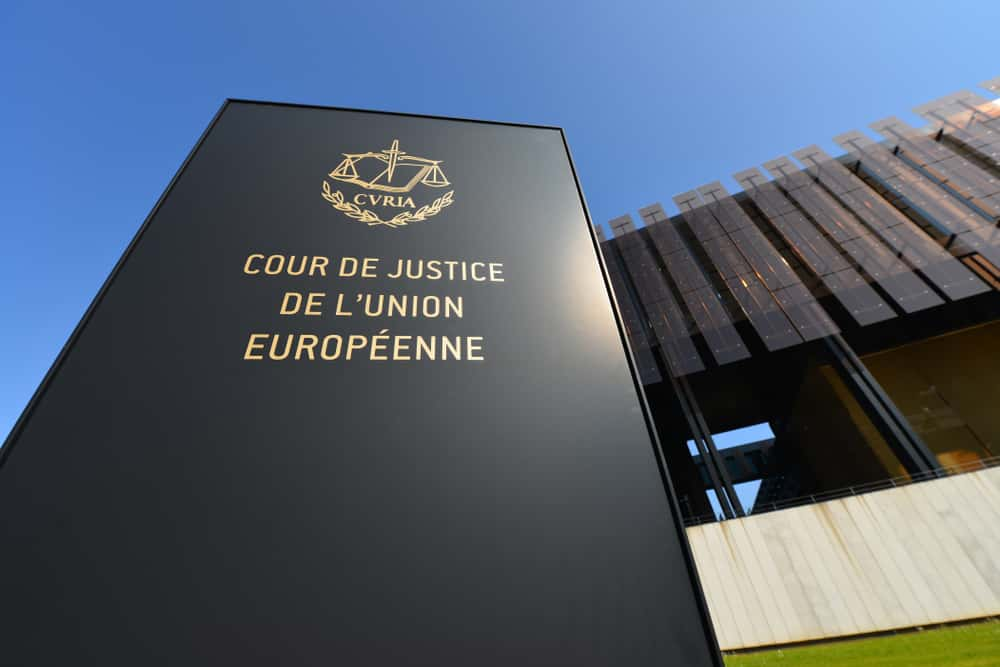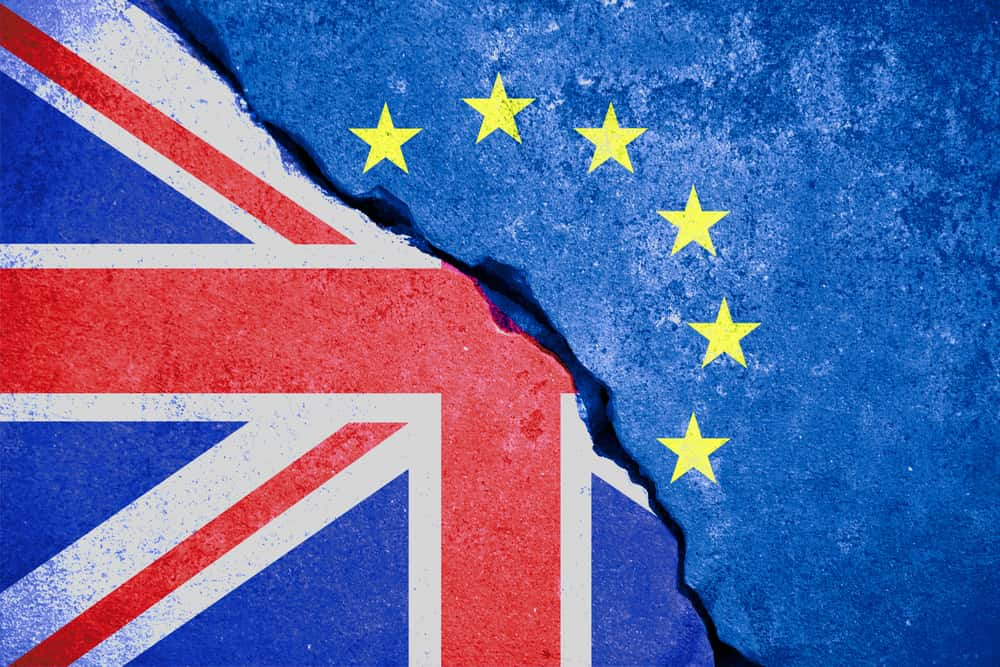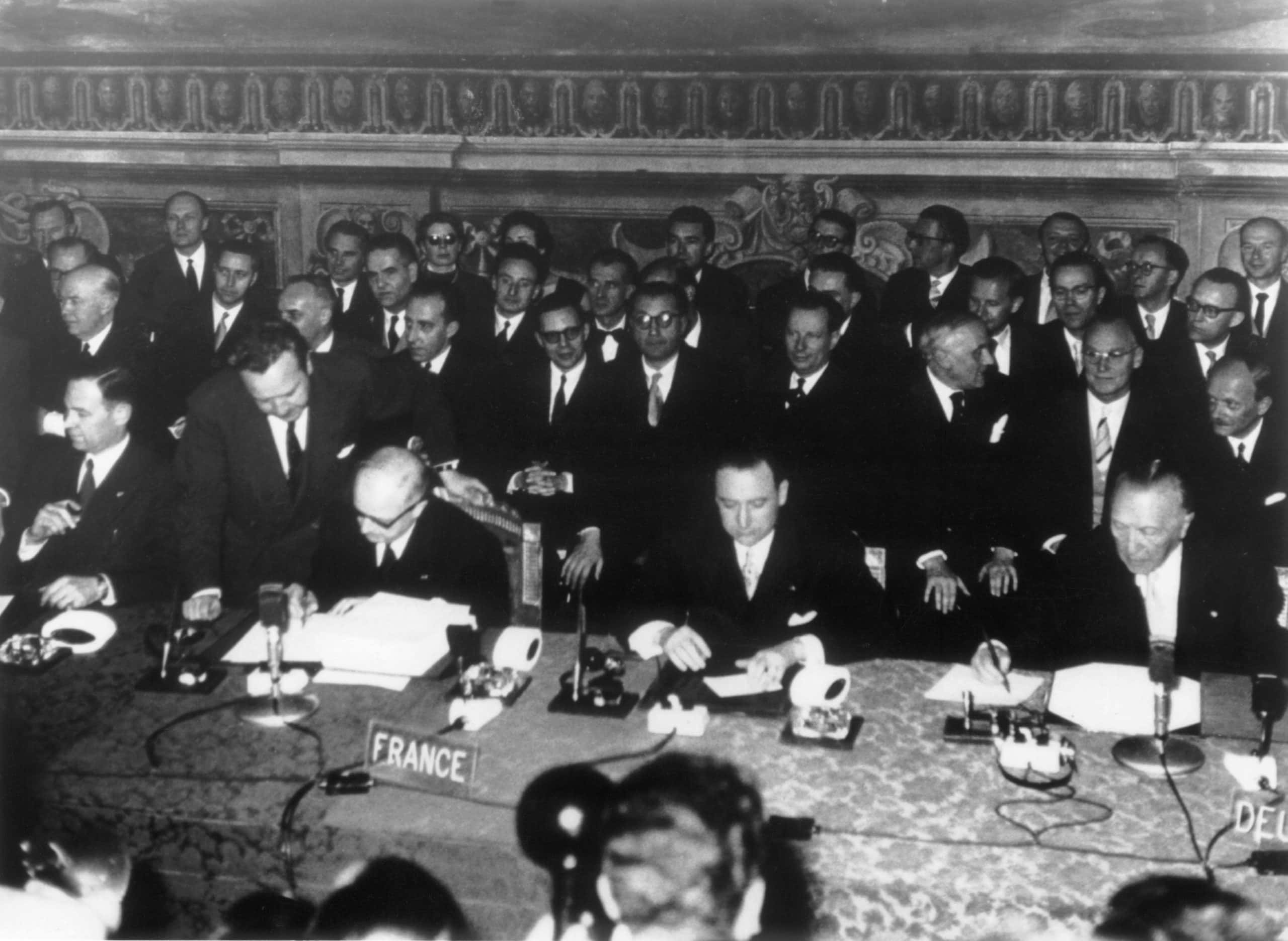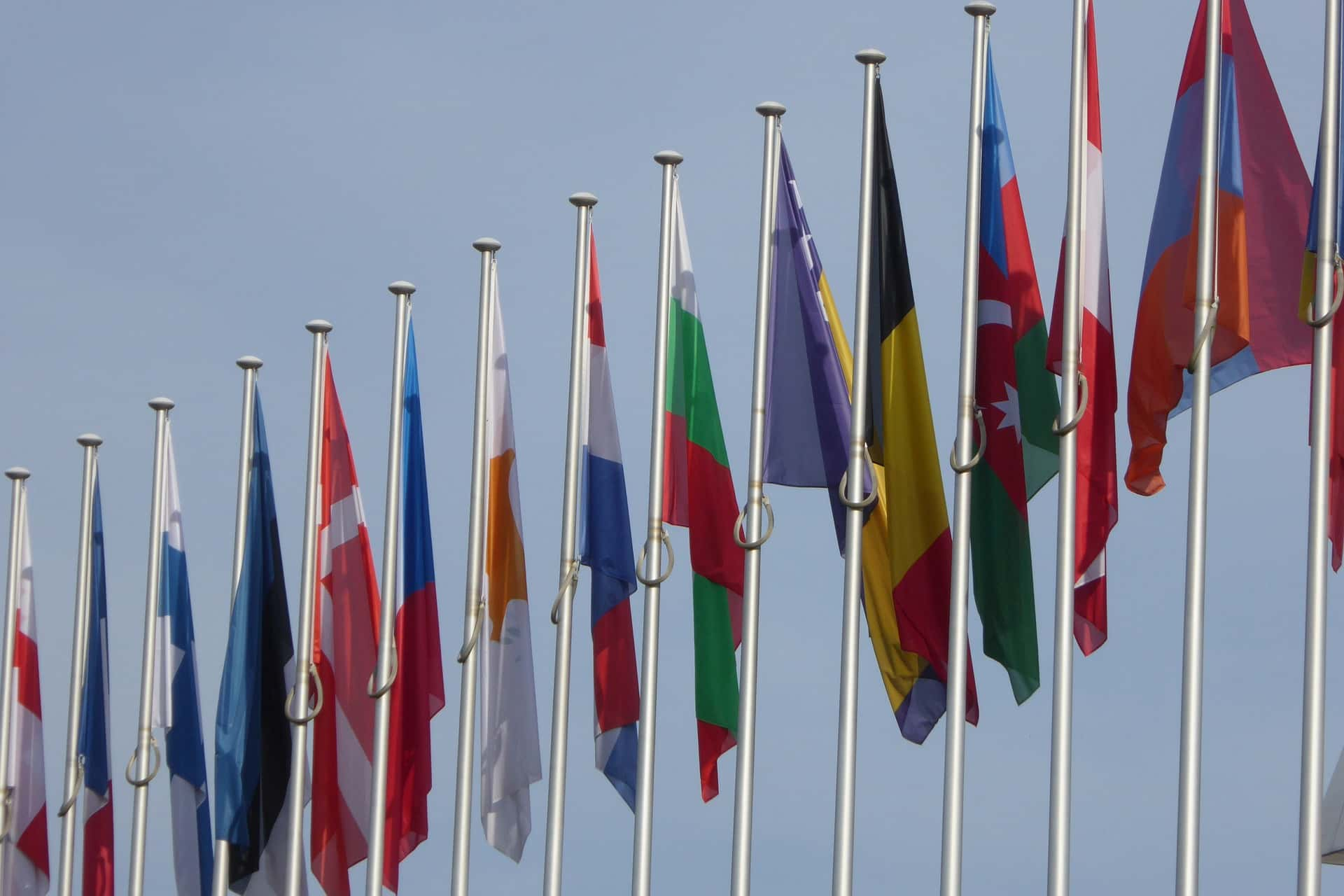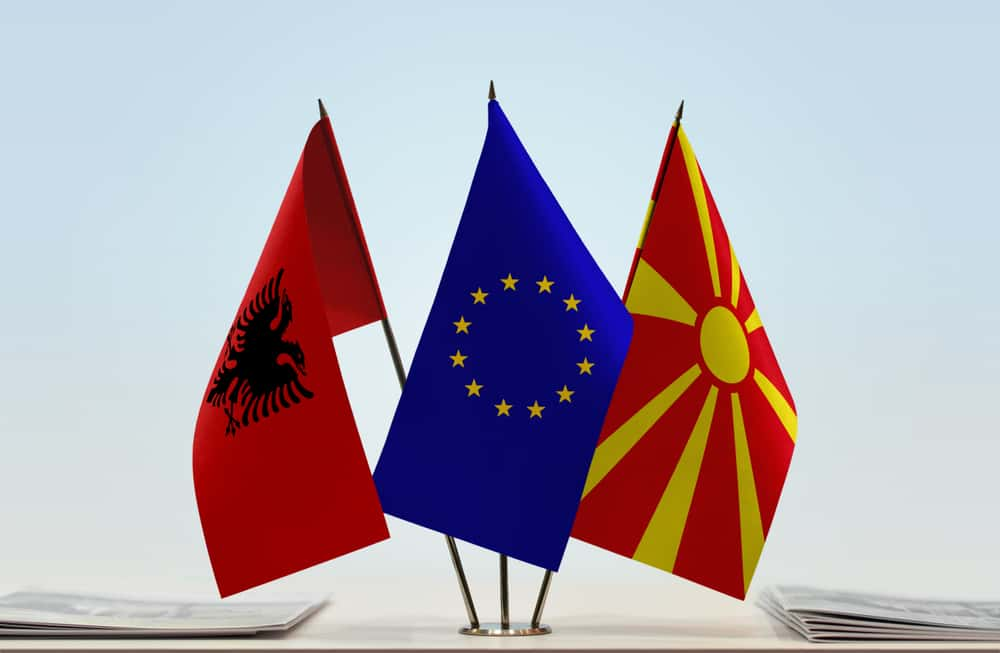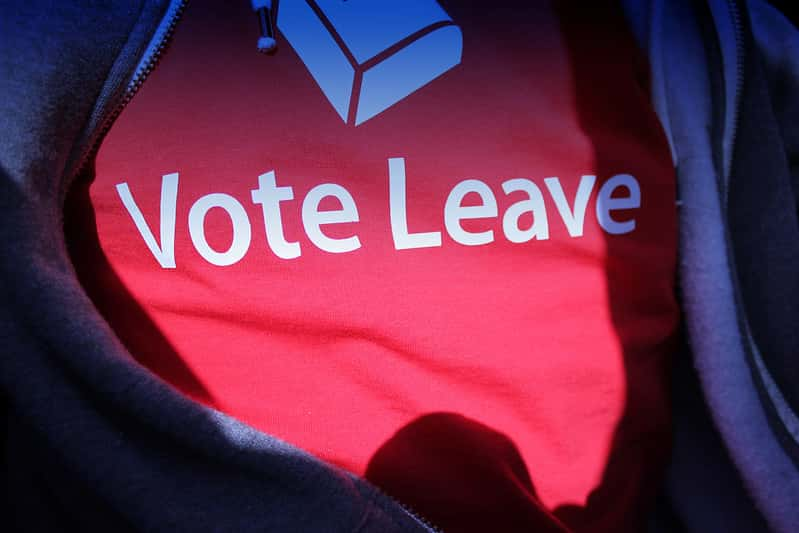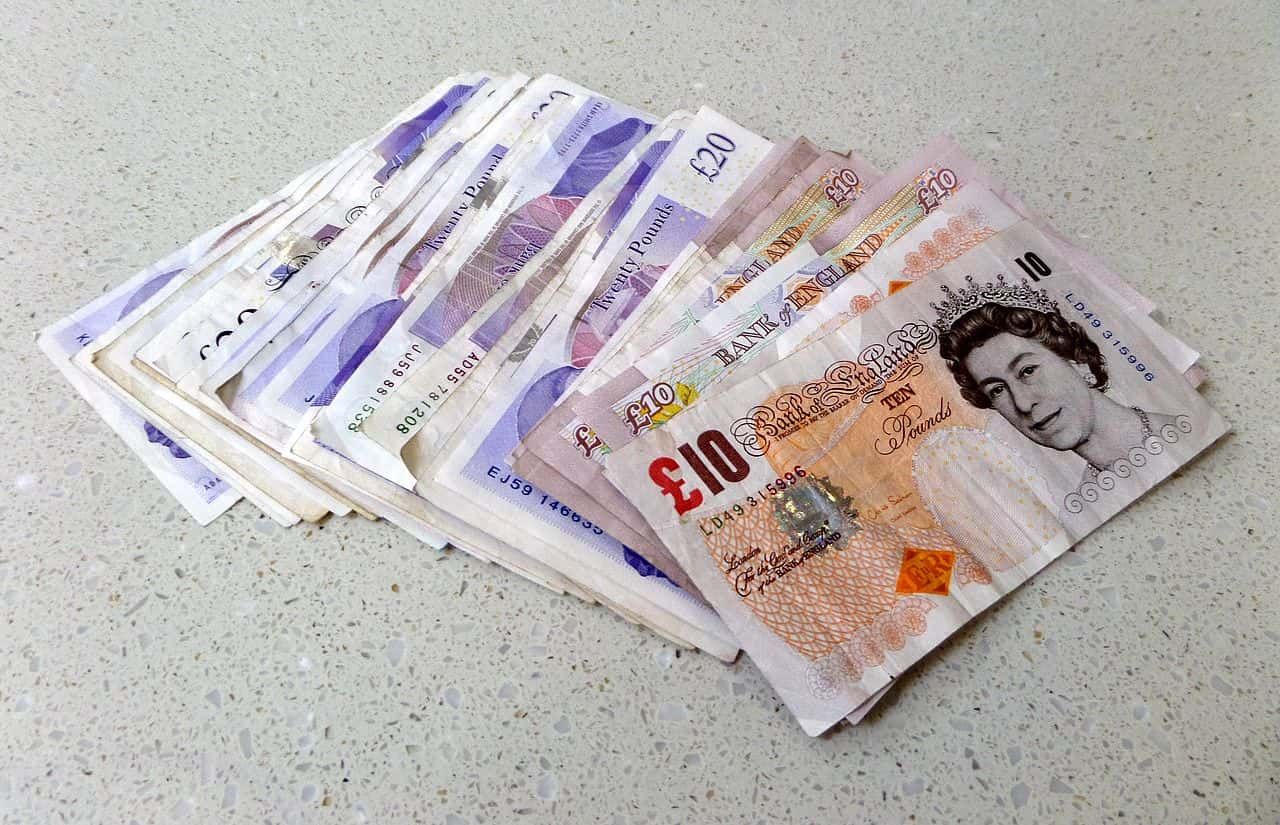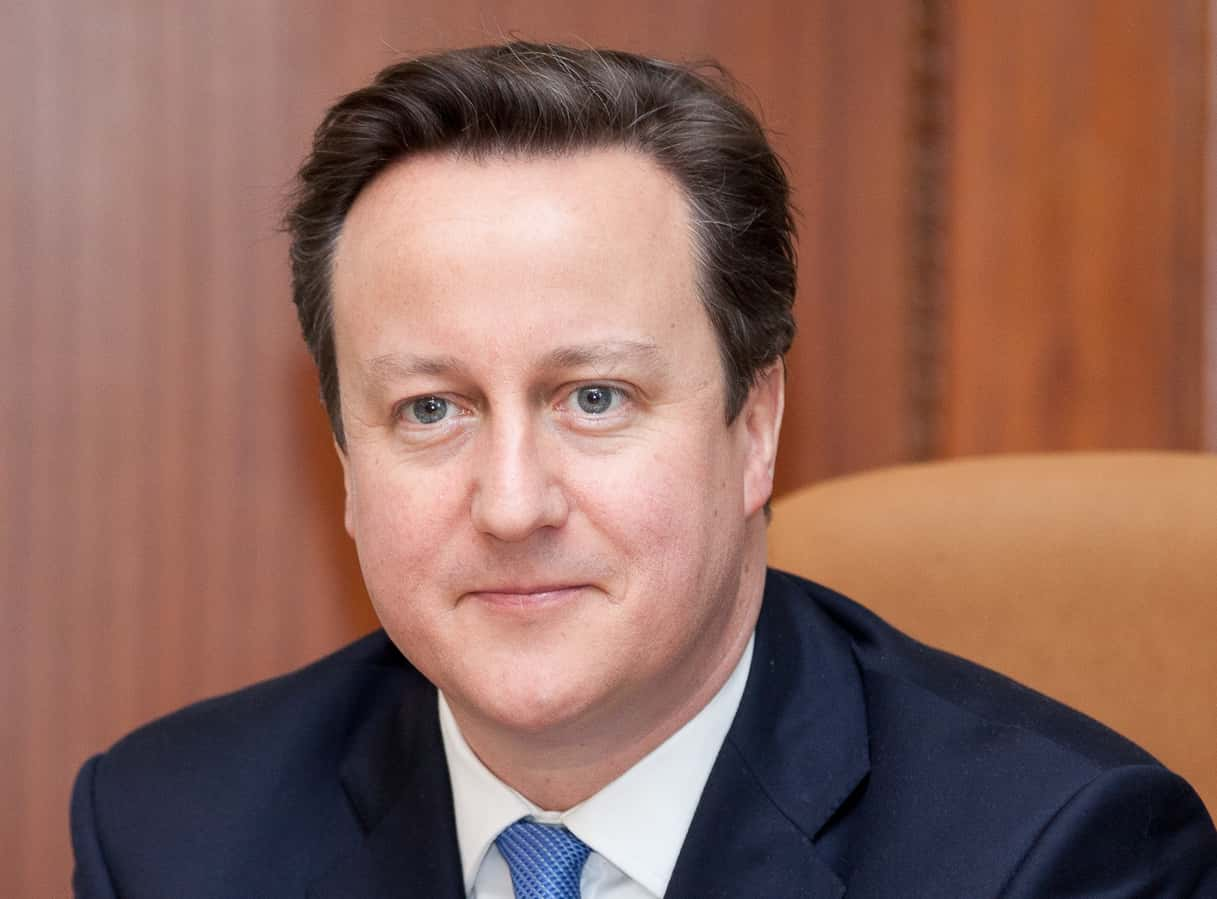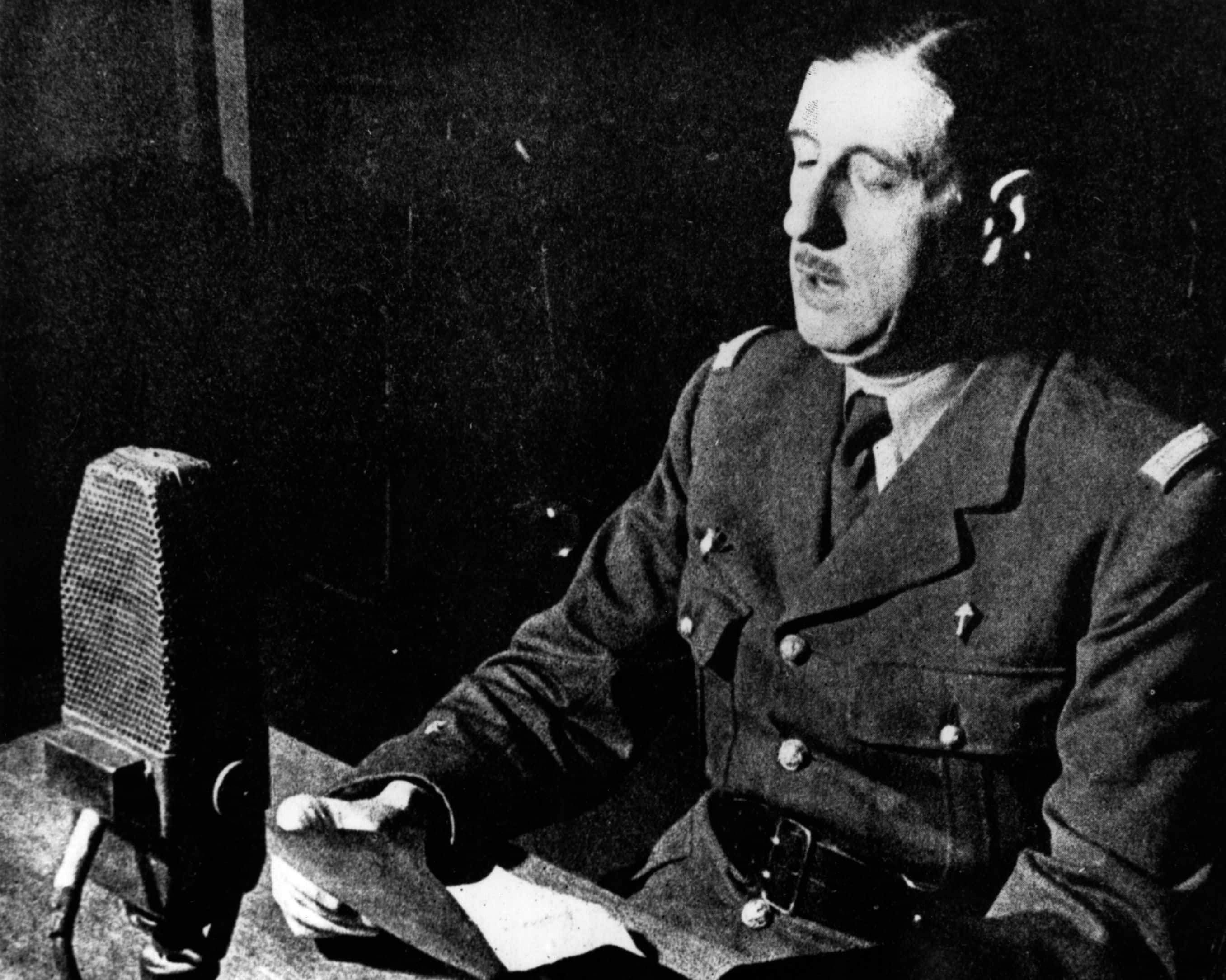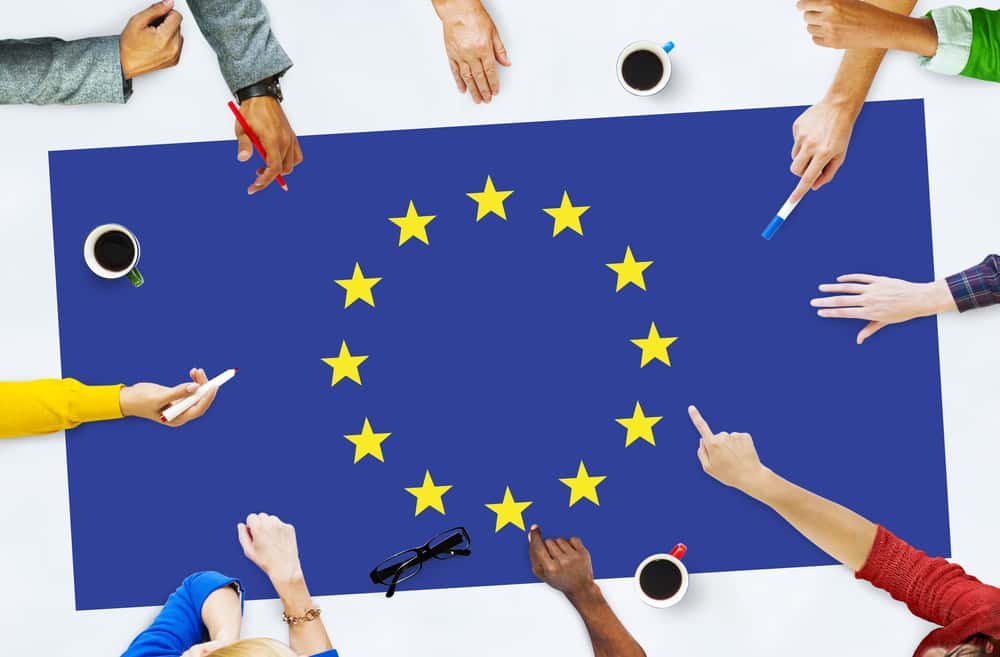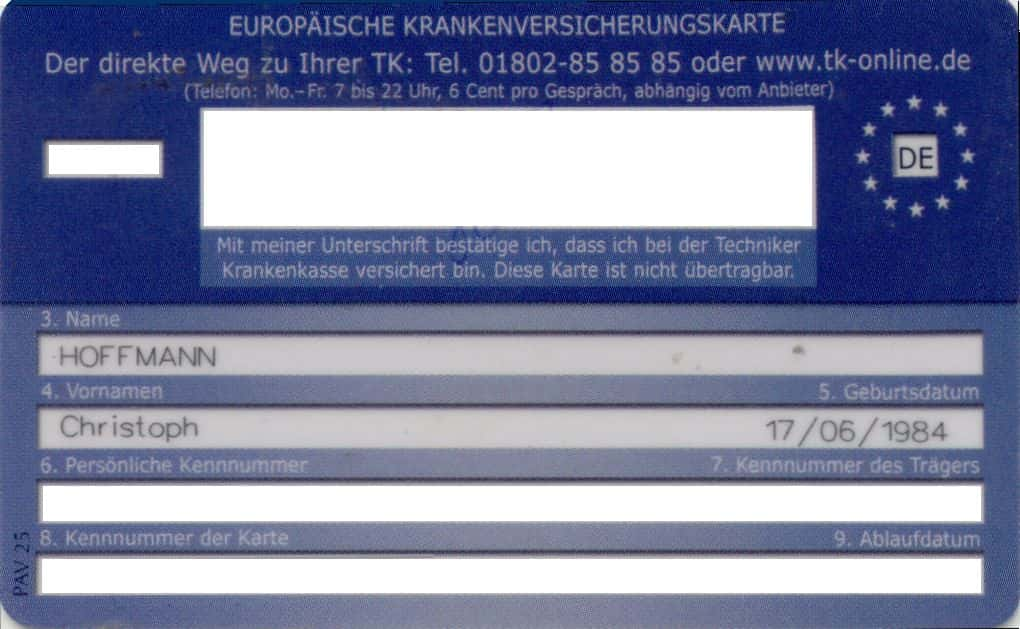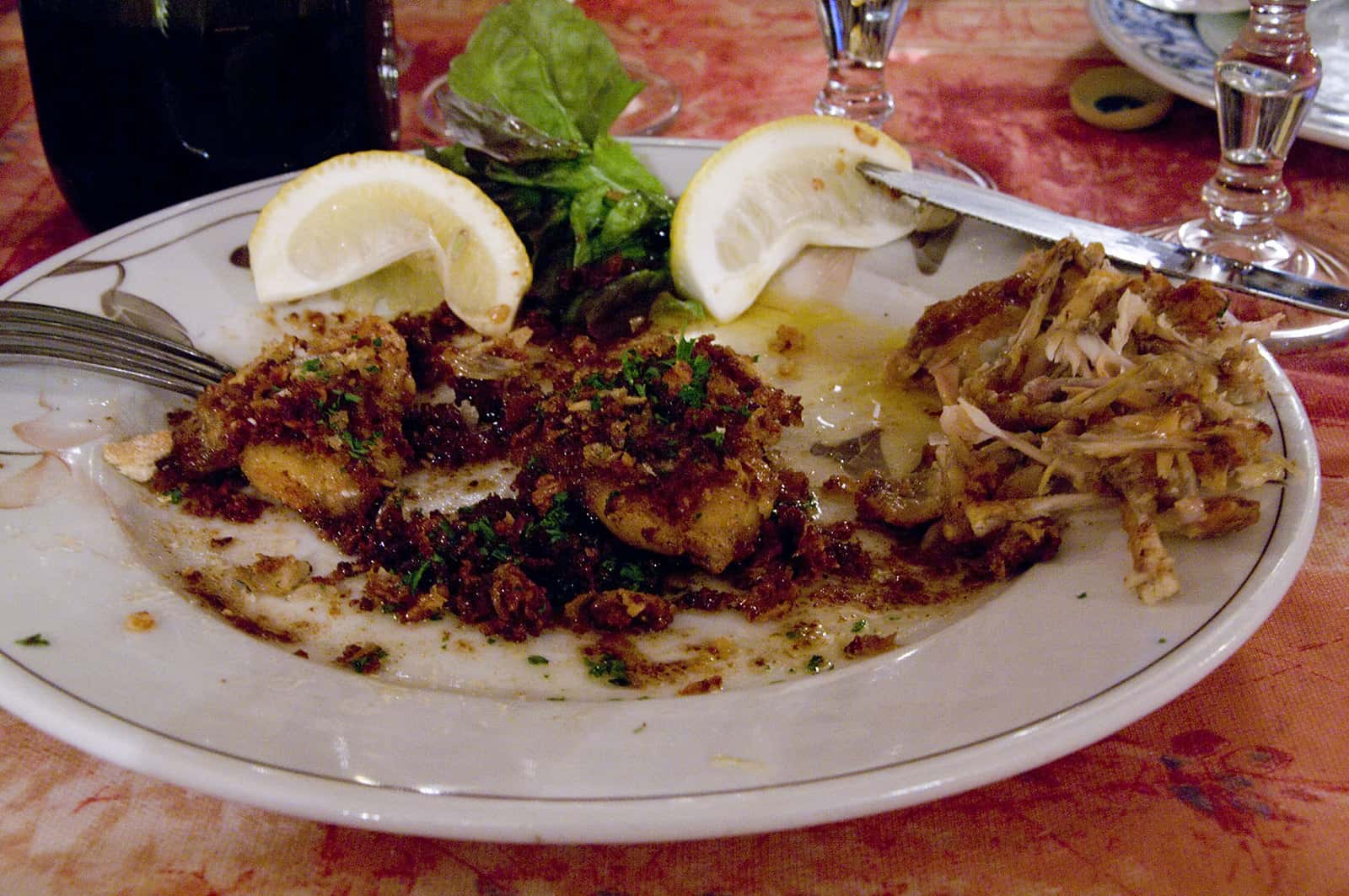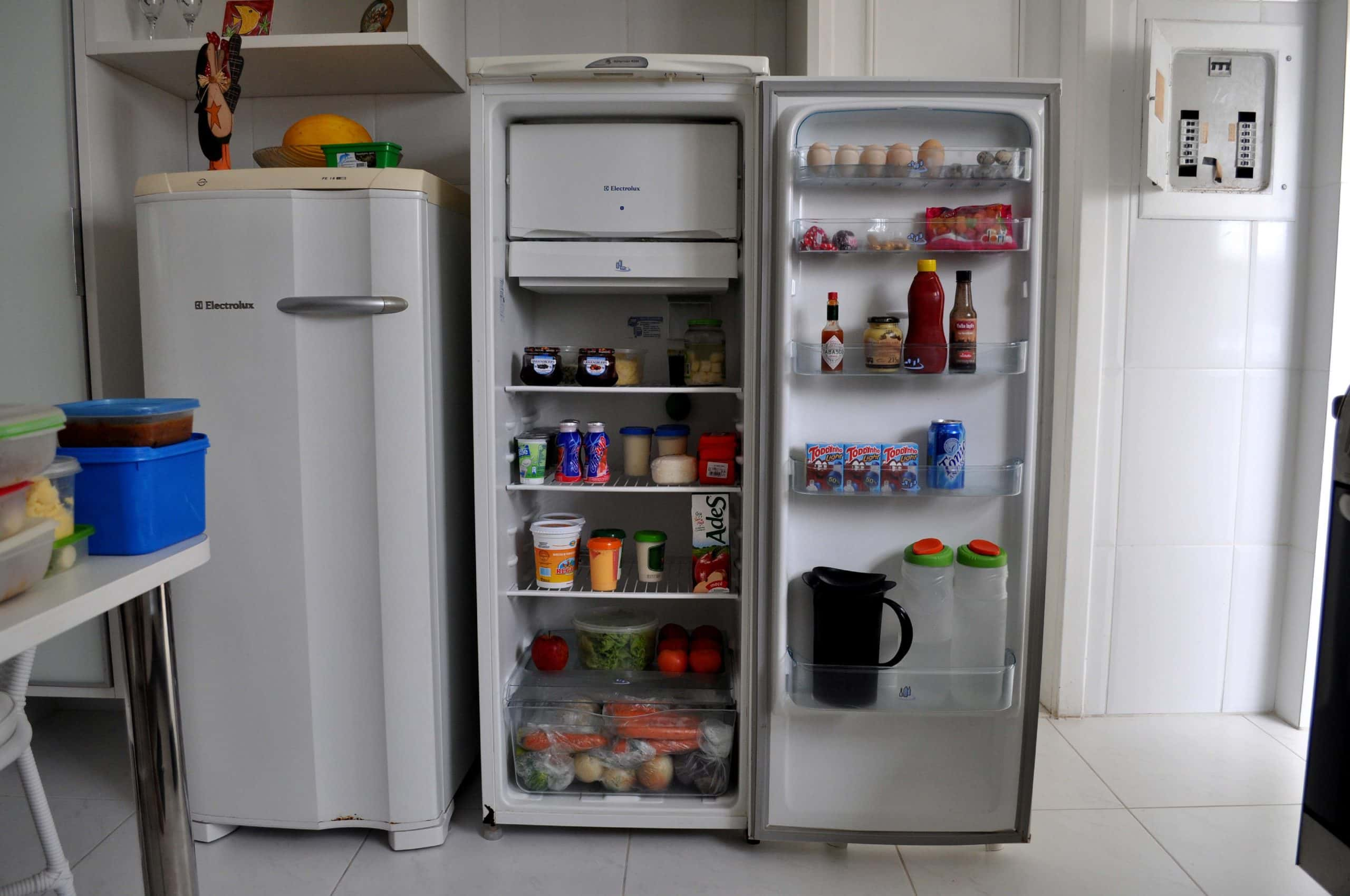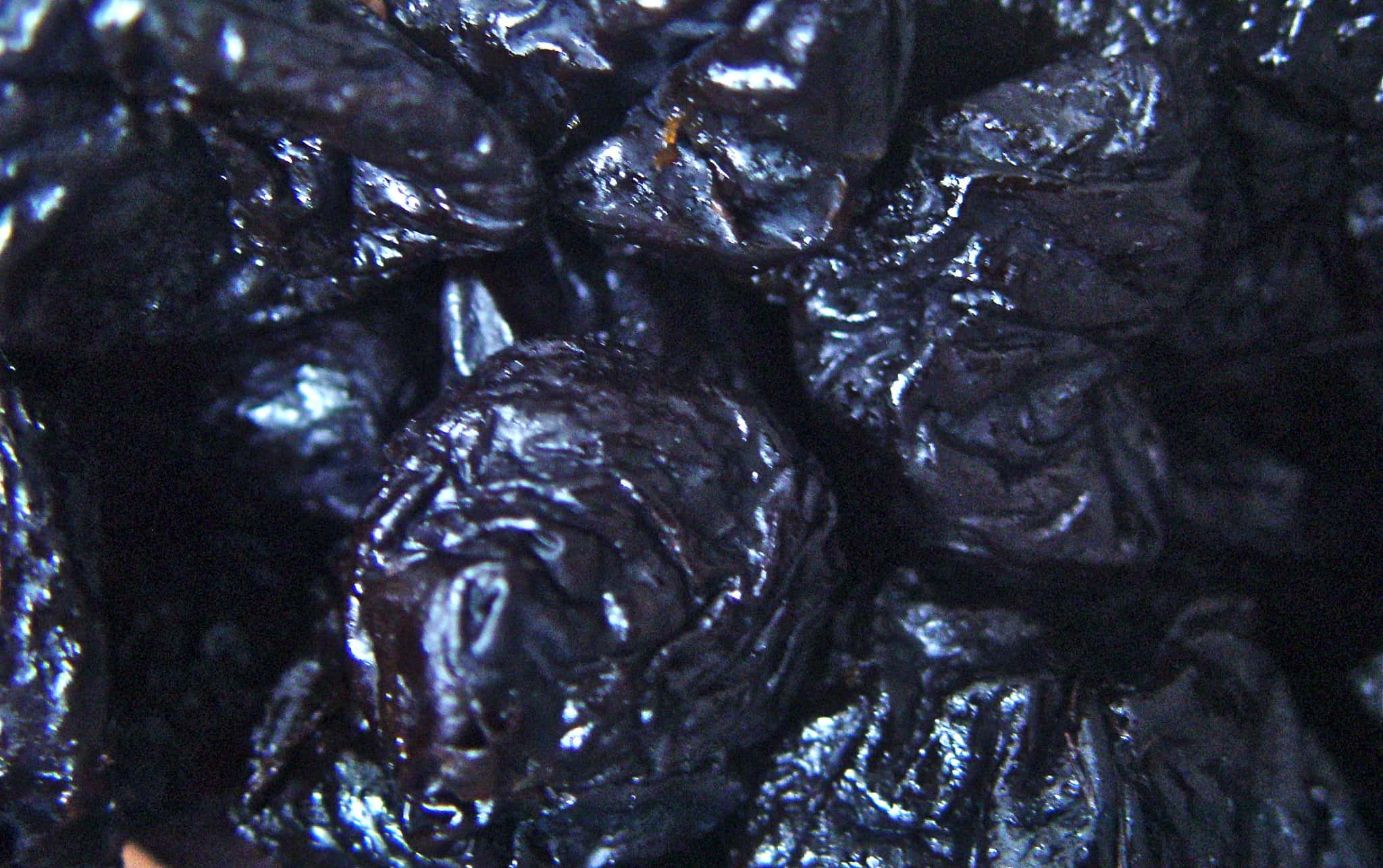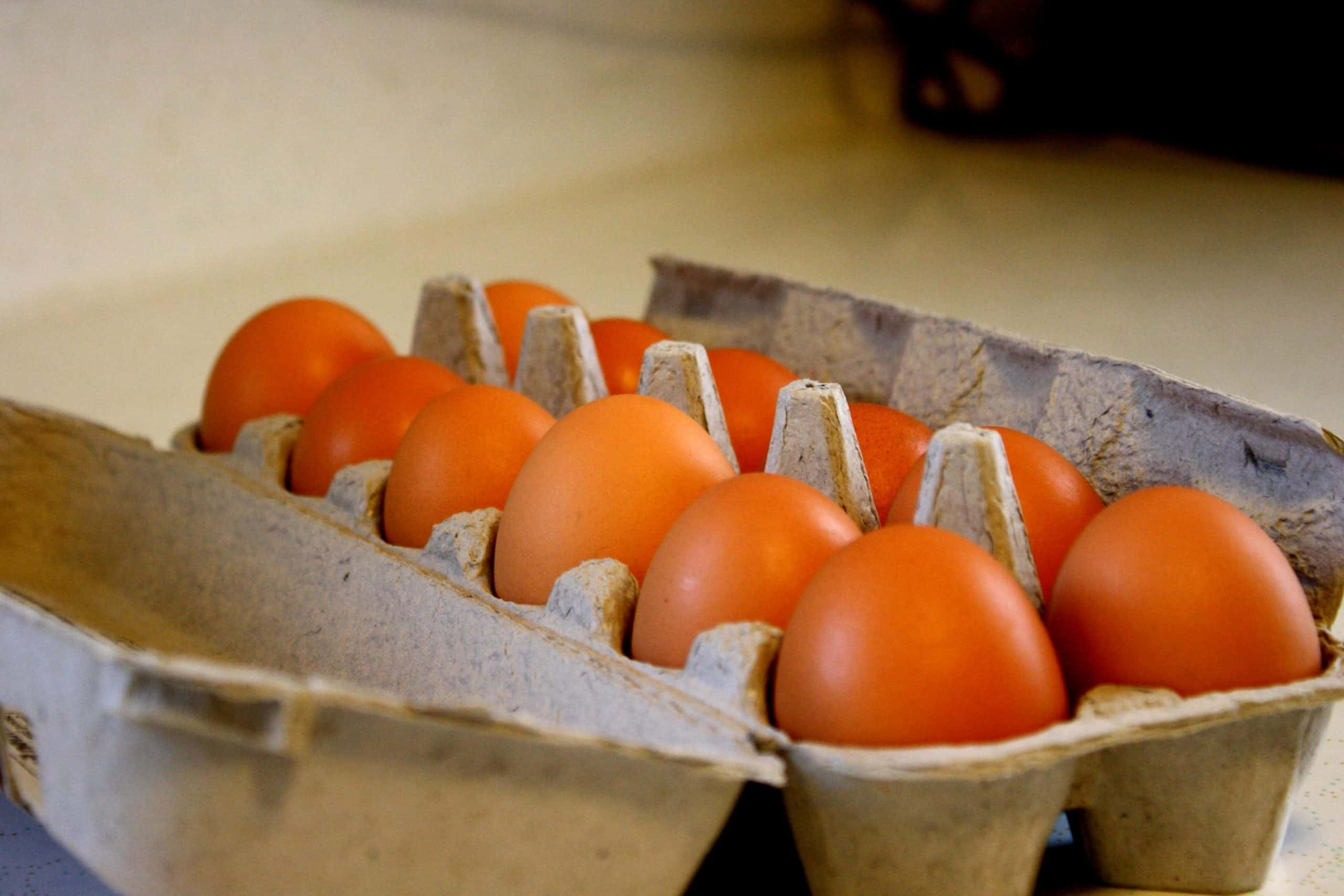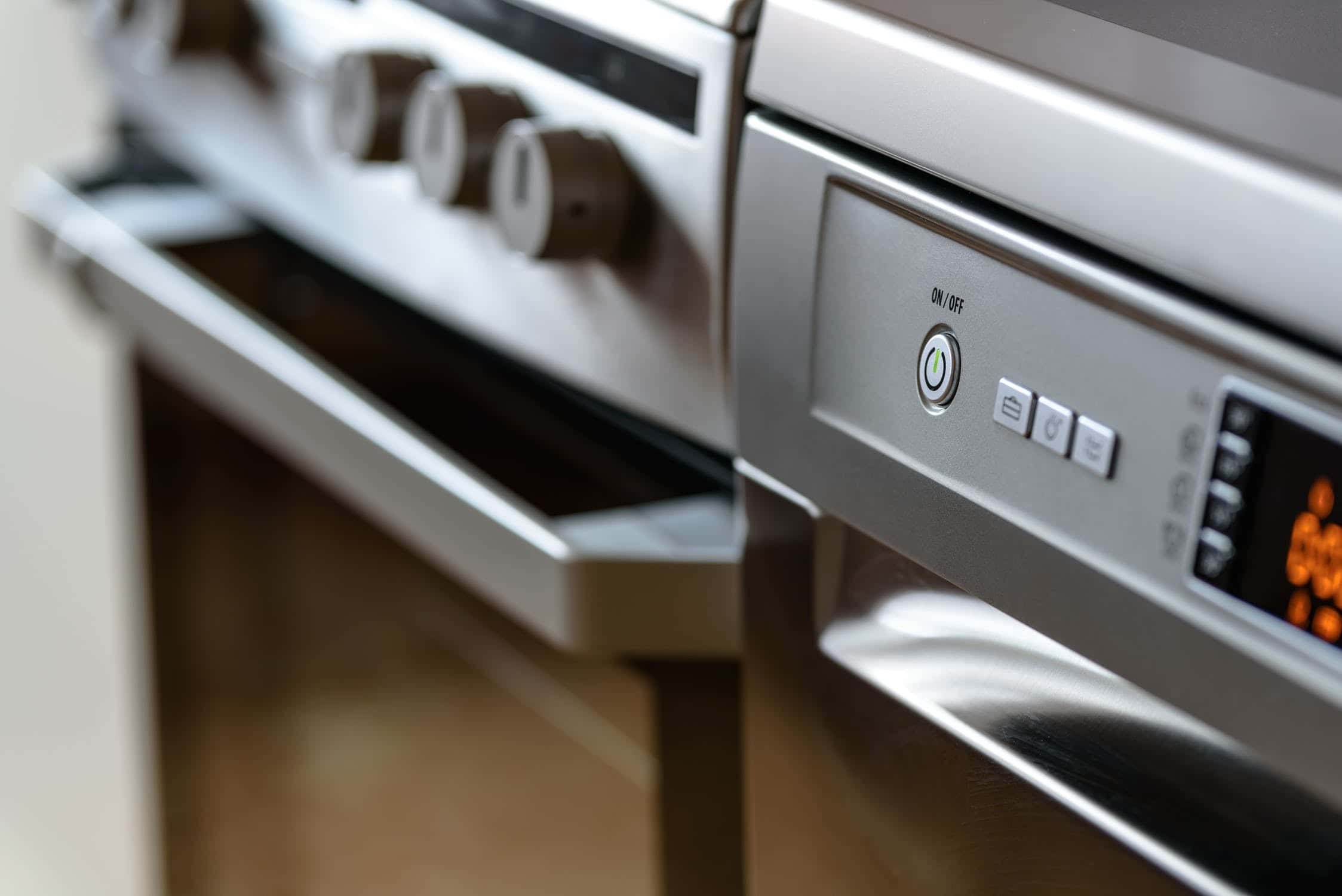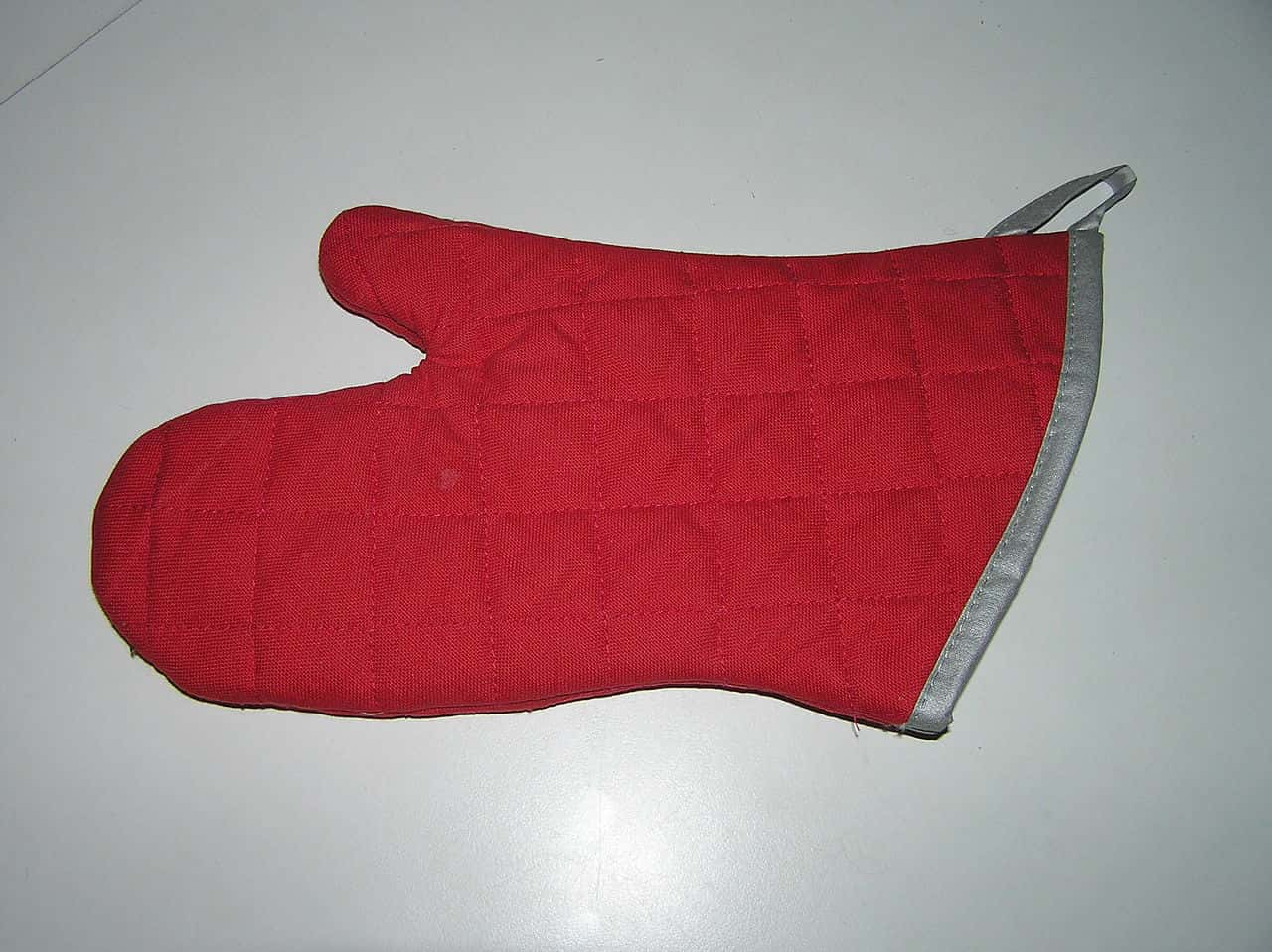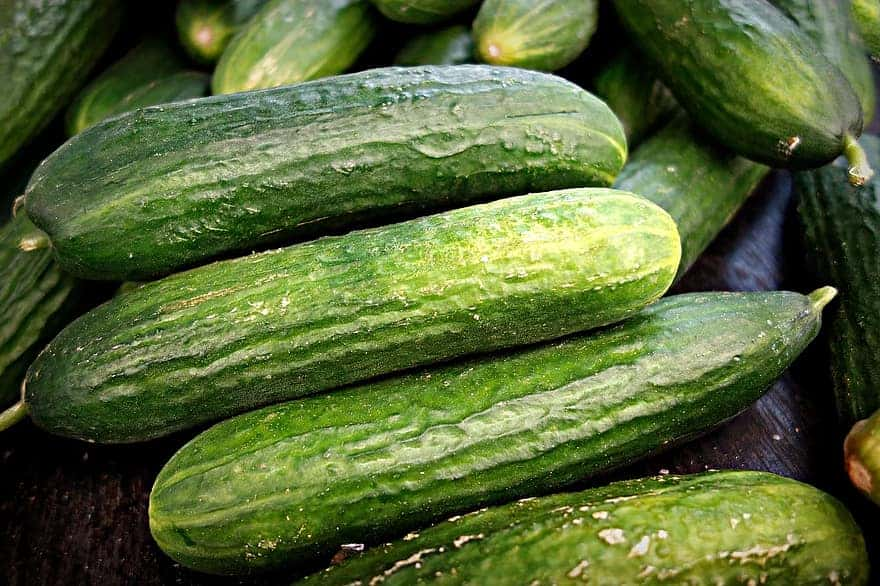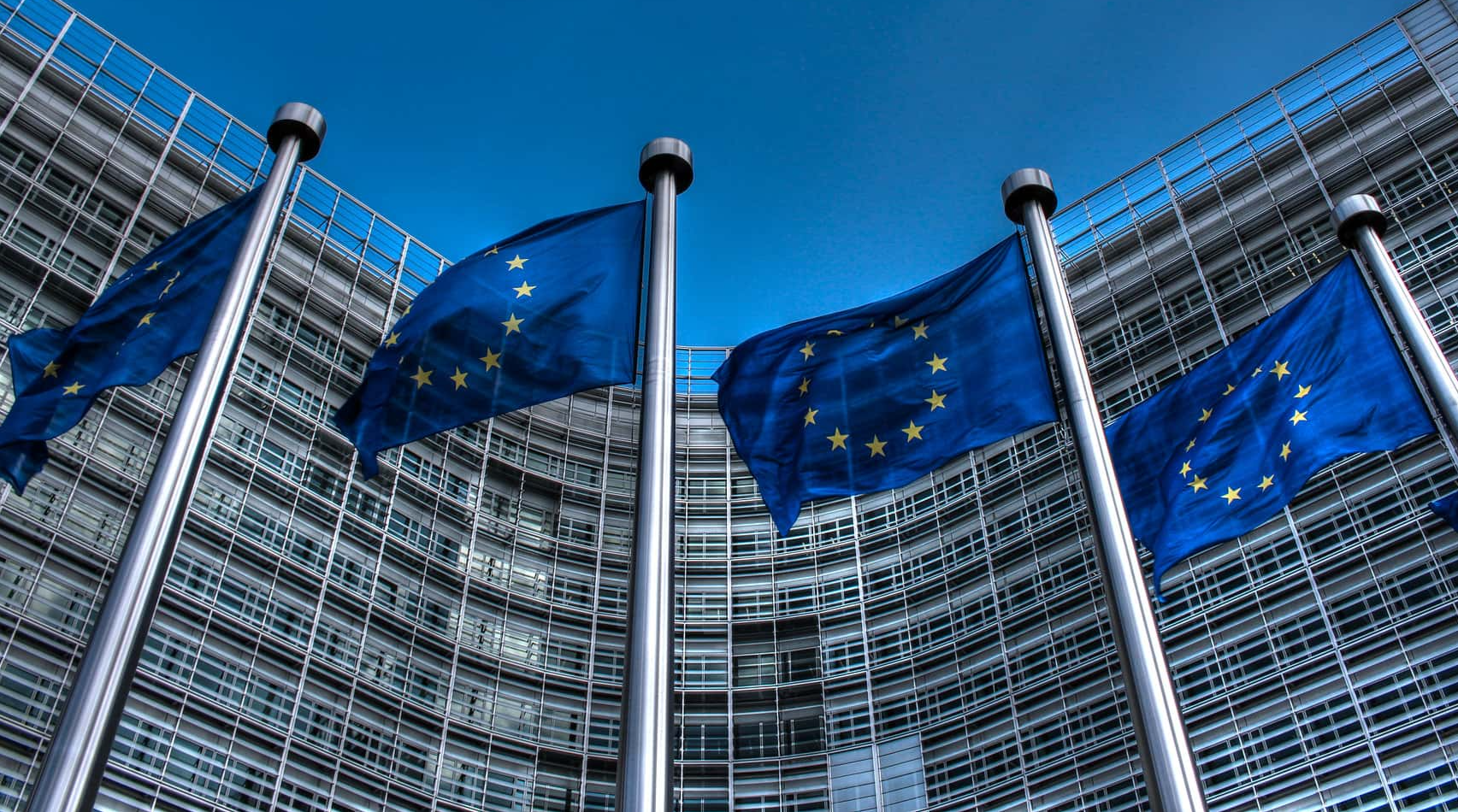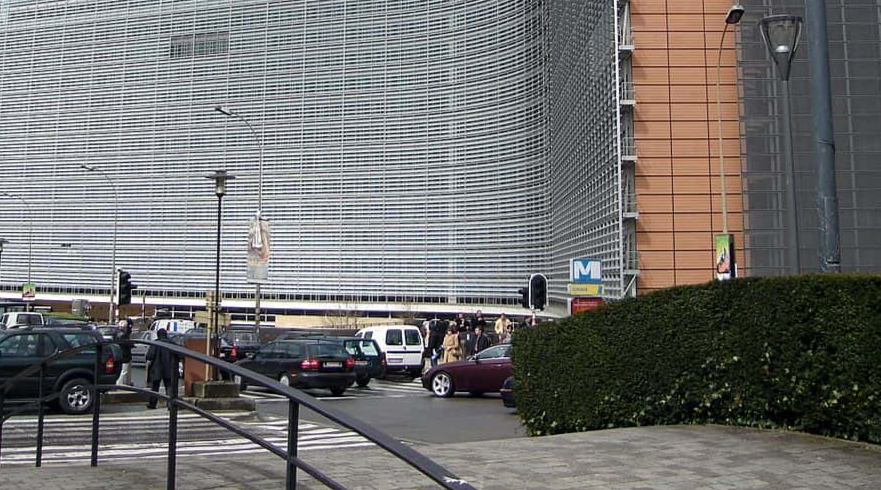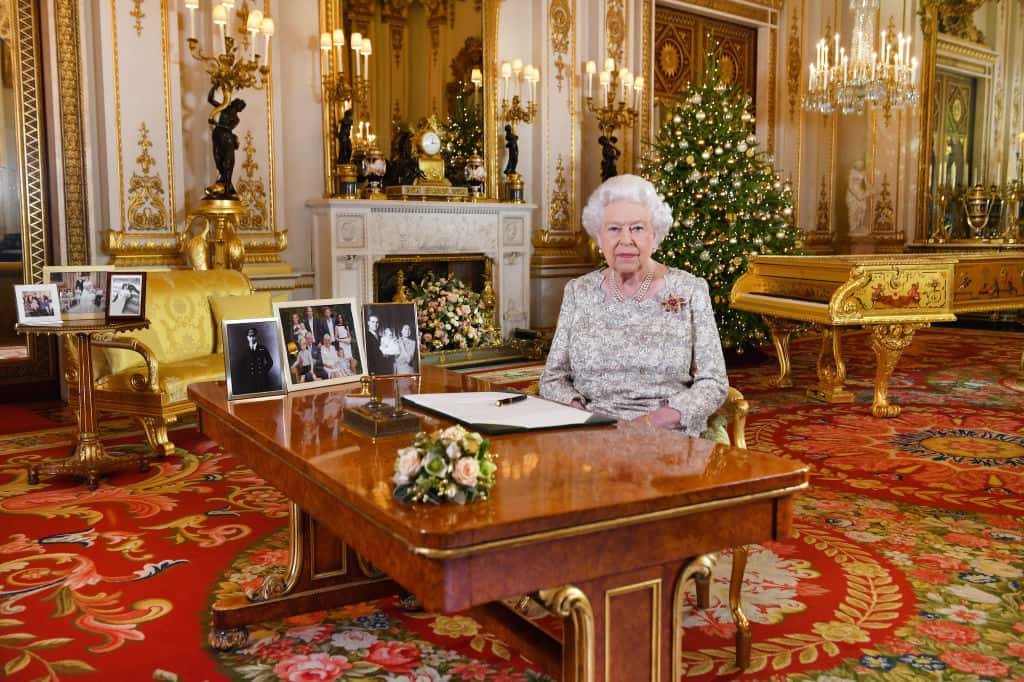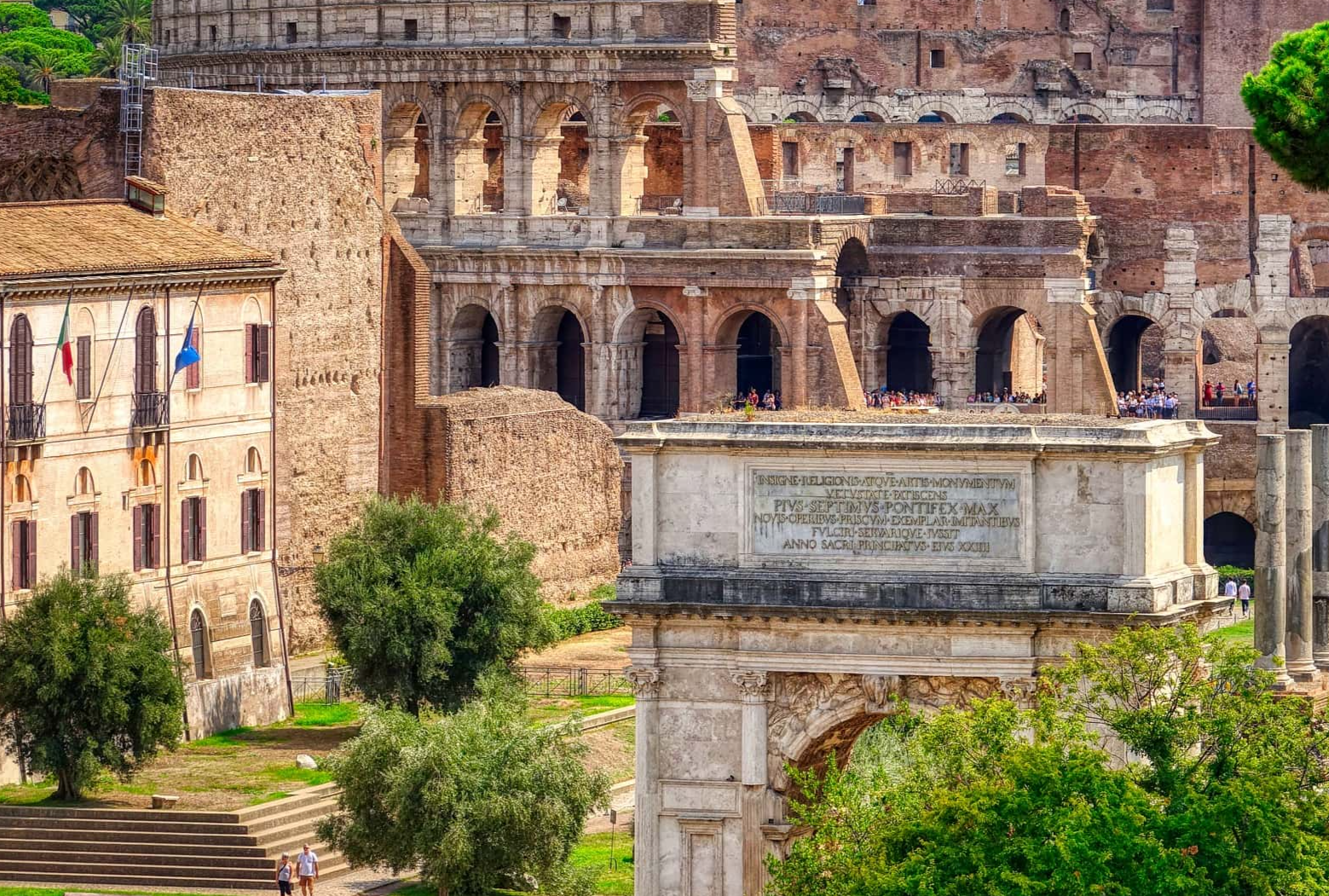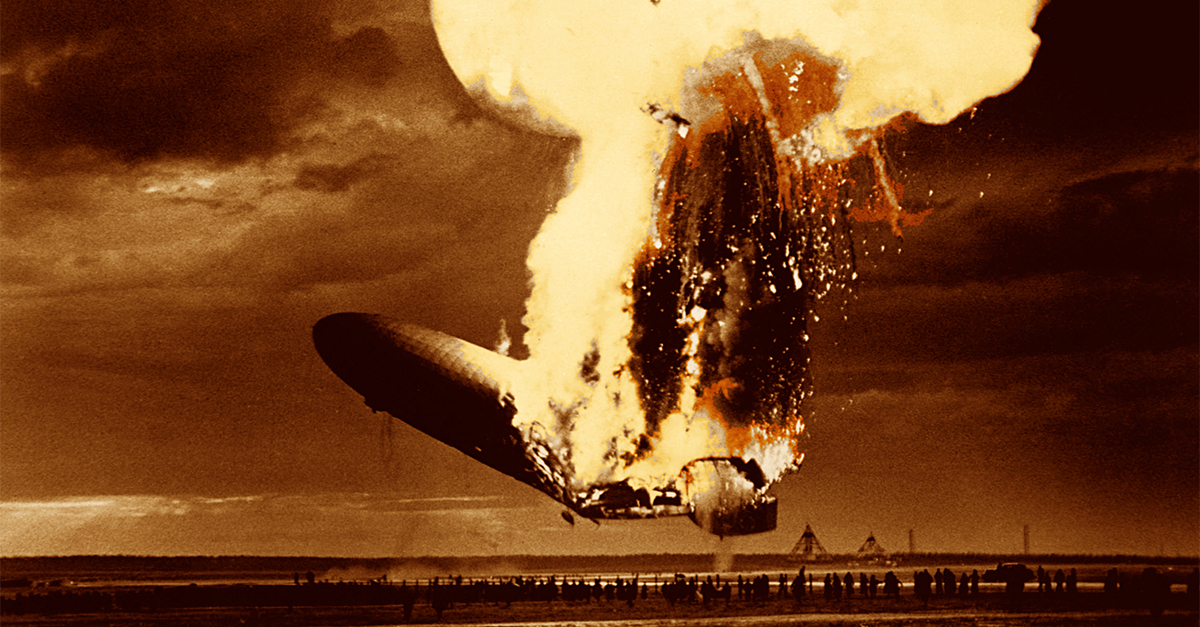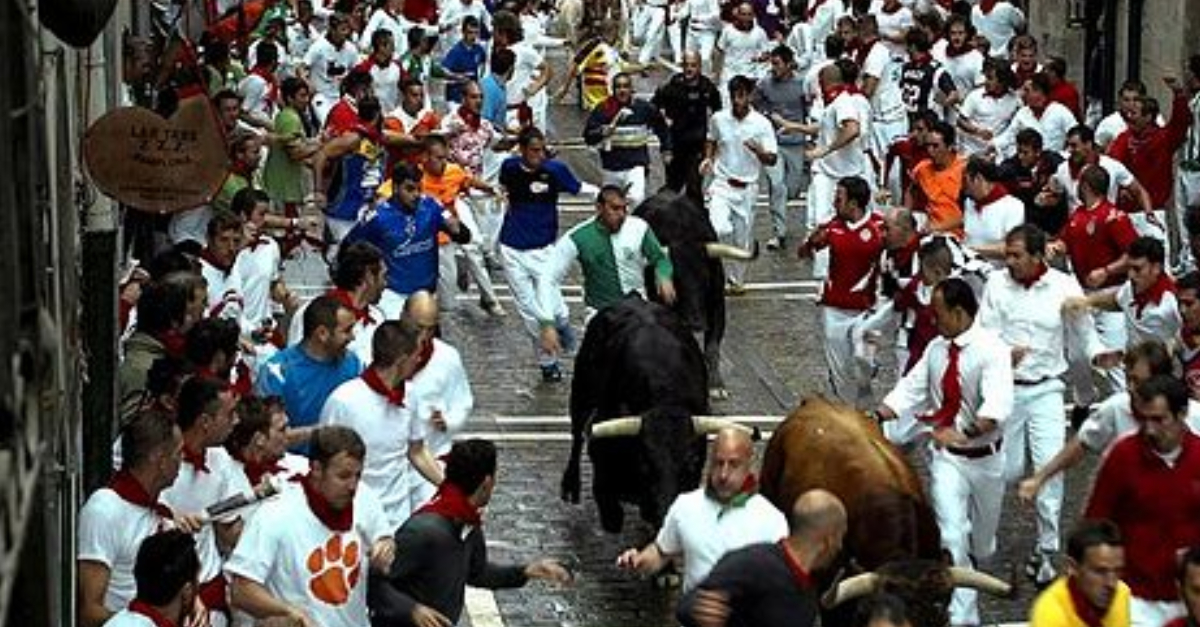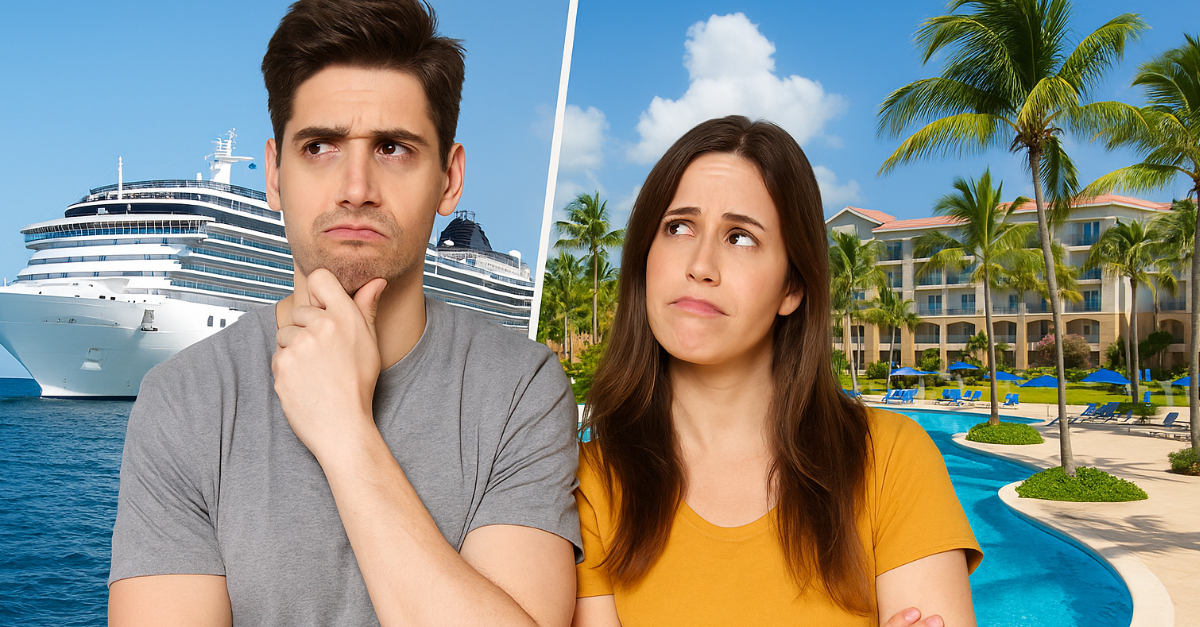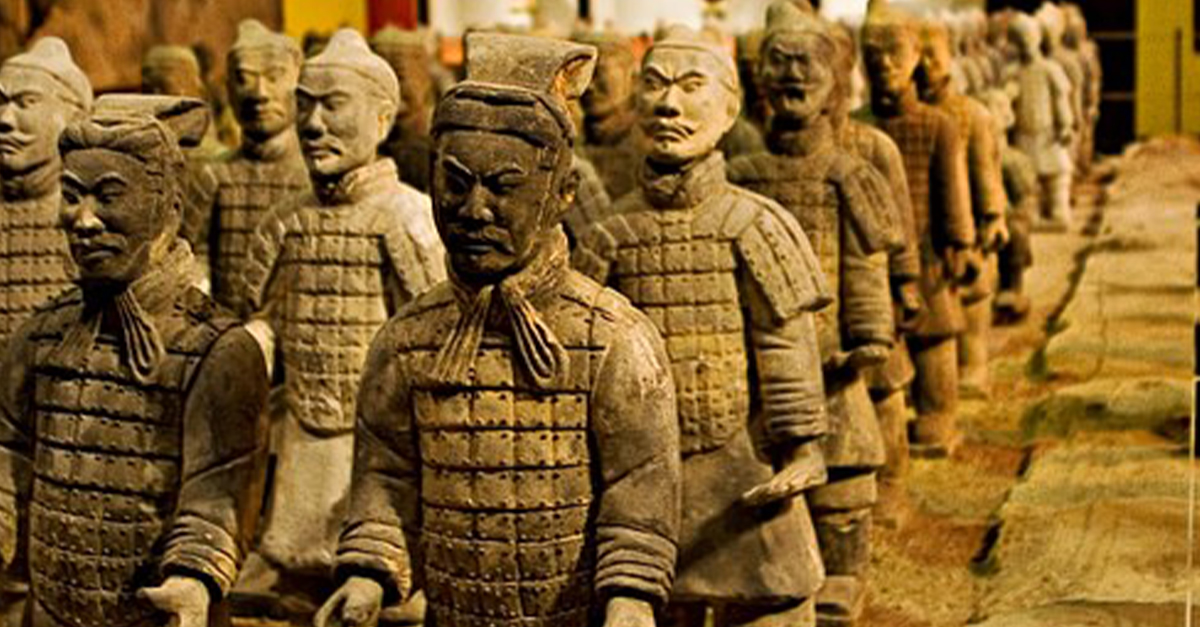“The contribution which an organized and living Europe can bring to civilization is indispensable to the maintenance of peaceful relations".—Robert Schuman, one of the architects of the European Union.
With a total of 28 member countries, the European Union oversees many policies for those members, such as security and economy. Their intention is also to emphasize the roles of European countries in the broad scheme of things in the world as a whole. With its creation, many of the lingering wounds from the wars of the early 20th century began to heal, and the world opened up to its citizens, as well as a new wave of excited travelers. But what about those nitty-gritty, weird and interesting facts about the EU? We’ve got ‘em! Here are 42 little-known facts about the European Union.
42. Where in the World?
Let’s start with the basics. Any democratic country in Europe is allowed entry under the stipulations that they are in good standing when it comes to human rights and have positive economic policies. The de facto capital of the European Union is set in Brussels, Belgium, which is a fantastic choice for all the diplomats who have to meet there. Not only can they have waffles and brew for lunch every day, they can bring back Belgian chocolate to their families every time they return home!
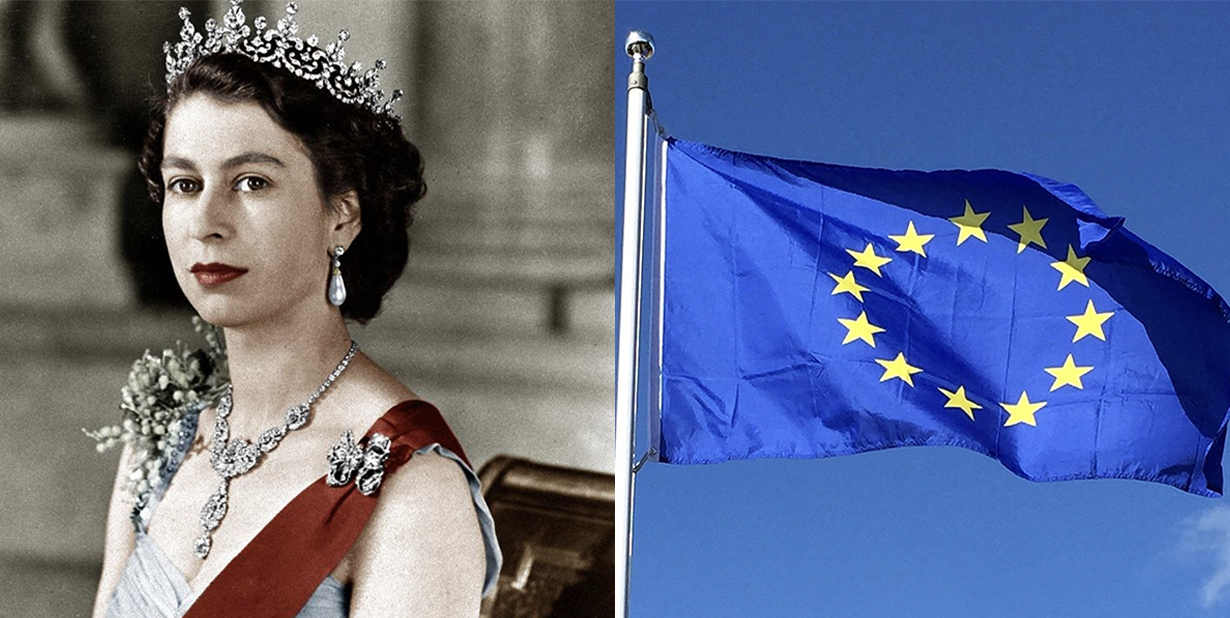
41. For the Good of Everyone
When making decisions and tending to policies, the Union takes a look at the broader impact, coming to conclusions based on what’s best for the members as a whole. The European Parliament, Council of the Union, European Commission, Court of Justice and the Court of Auditors are the main ruling parties of the Union, and they oversee over 500 million citizens who live inside the EU’s borders.
40. Ministers of the Round Table
There’s also the Council of Ministers, which generally consists of the Foreign Ministers of member countries. Twice a year, the presidency of the council switches between the members.
39. Personal Feelings Aside
In the European Commission, each country is represented by one commissioner. Whereas the members of the Council of Ministers represent the interests of their own countries, representatives for the Commission have to stay impartial, taking a look at things on a wider scale and opting for policies that would benefit the EU as a whole.
38. No Room for Opinions
The European Parliament can’t suggest new legislation. These representatives are elected in their home countries and come together to discuss the issues at play. They also have some influence over the European Union’s budget and can bring questions to light to either the aforementioned Council of Ministers or the European Commission.
37. What They Say Goes
The Court of Justice essentially interprets laws and regulations of the European Union. There are 28 judges who are usually chosen by member country governments. The decisions they come to are final, and everyone from individual citizens to the governments of EU members are required to abide by them.
36. Thanks for Coming Out!
Member countries aren’t forced to remain in the Union, either. Any country is allowed to leave if they so choose, but they obviously must notify the European Council of that decision. Arrangements have to be made in order for a country to leave, with decisions made as to how any dealings between that country and the Union in the future would be taken care of.
35. The OG Six
The European Union actually began as the European Economic Community, or EEC, all the way back in 1957. The only countries who were members at that time were West Germany, Luxembourg, Italy, France, the Netherlands, and Belgium. At that point, the six countries involved were trying to establish better trade among themselves and were attempting to establish a common market.
34. Join the Club!
Over the next four decades, Denmark, the United Kingdom, Ireland, Greece, Portugal, Spain, Sweden, Finland and Austria would join the EEC. At some point, the name was changed to the European Union and expanded even further. In 2004, membership jumped to 25 countries, with the addition of Slovenia, Slovakia, Poland, the Czech Republic, Latvia, Estonia, Hungary, Cyprus, Lithuania and Malta.
33. Dolla, Dolla Bill Y’all
The members of the EU all share a common currency: the euro. Now, I’m not exactly sure who had the time to figure this out, but, in 2002, when the Euro came into play, the first letter of each country who was going to be using the new currency spelled out “baffling pigs”. With the addition of five more countries using the Euro, the new phrase became “begs piffling cons". Well, okay.
32. United in Red
EU countries also have something else in common: their passports. European Union countries often have a red passport (the suggested color), with “European Union” written at the top, followed by the country a person resides. And the rest of us? We’ll just have to look wistfully at the EU passport express line the next time we’re traveling.
31. The Invitations Are in the Mail
Currently, there are five countries up for possible entry into the EU, including Turkey, Albania, Serbia, Macedonia, and Montenegro. Iceland had been included, but decided in 2013 to put a hold on the discussions to join.
30. Maybe There Should Have Been a Recount?
I know you’re thinking about Brexit right now. On June 23, 2016, the United Kingdom voted by way of referendum to leave the European Union. The Brexit vote to leave was pretty close. 52% of those who voted opted to leave the EU. Keep in mind, though, that the UK is made up of four countries: England, Ireland, Scotland and Wales. England was the only country whose votes to leave outnumbered those wanting to stay.
29. The British Pound Went Falling Down, Down, Down
After the announcement that the UK would be leaving the EU, the markets took a tumble and the British pound lost value. In fact, it fell to its lowest value in over 30 years because of the decision. They’d never made the switch over to the euro, hence the reason why they still had the pound.
28. Hang on There, Not Quite Yet
Brexit isn’t something that can just happen overnight. It’s estimated that it will take two years for the whole process to go through, but in that time, the UK has to abide by European Union treaty laws—which include the UK not being able to arrange a trade deal with the United States. The transition was also made more complicated when Prime Minister David Cameron stepped down following the vote. He was campaigning to stay a member of the EU.
27. So Many Languages, so Little Time
There are 24 official languages in the European Union, including Spanish, Polish, Maltese, Greek, Danish, Croatian and English, just to name a few. What’s more is that every piece of legislation and any other important document is translated into every single language. Unemployed translators: take note! Not entirely surprisingly, 51% of the EU’s members understand English, regardless of whether or not it’s their mother tongue.
26. Third Time’s the Charm
Actually, Great Britain was denied entry to the European Union twice before finally being admitted. France’s President, Charles de Gaulle, said no in both 1963 and 1967. It was only after his demise that Britain was able to join in 1973. Ireland and Denmark also joined that year.
25. Cross-Border Everything
What’s pretty neat about the European Union is that citizens can live and work in any member country, much like they would in America, going between states. Of course, there’s some regulations that are all dependent on how long you plan on being in a different country. Unlike in the United States, though, it’s slightly more complicated because you get into things like language barriers and differences in cultures and economy, as some countries are much more advanced than others.
24. Peace in the Union
The European Union has won the Nobel Peace Prize. Yes, you read that right. A large governmental body collectively won the Peace Prize. It was awarded to the EU in 2012 based on its contributions towards peace and reconciliation.
23. Toilet Paper is Important Too
What’s longer: The United Nations Declaration of Human Rights, or the European Union’s criteria for materials allowed in toilet paper? You’d be right if you guessed the toilet paper. The criteria for it is almost 60% longer than the UN’s assertion for human rights.
22. Free Health Care for All!
There’s a European Health Insurance Card which is offered to all residents of the European Union as well as other major European countries not included in the EU. The idea is that all citizens, no matter what participating European country they are in, can access the health care they need, if they need it.
21. Ribbit, Ribbit
Alright, well, I don’t know how I feel about this. Annually, Asia ships over 6,000 tonnes of frog’s legs to European Union countries. I suppose it’s a delicacy?
20. Pets are for Playing With, Not Eating
Oh, and if you were thinking of eating your pet horse? You can’t do that in the EU. They found out that over two million pet horses has been used for meals and decided that the practice was no longer allowed. So don’t go naming or playing with your food, okay?
19. Fridges Suffer a Crushing Defeat
The EU released a Waste Electrical and Electronic Equipment (or WEEE) order, with some fridges being deemed as hazardous materials which would have to be disposed of as such. In Britain, they had previously been taken to the local landfill and crushed. With WEEE, they had to start going to special facilities who could deal with hazardous materials.
18. Drink Milk, Love Life is Stuck in My Head Now
They also have their own anthem! And it’s one you may recognize: “Ode to Joy”, from Ludwig van Beethoven’s “Ninth Symphony” which was composed way back in 1823. Had whoever picked that not seen A Clockwork Orange?
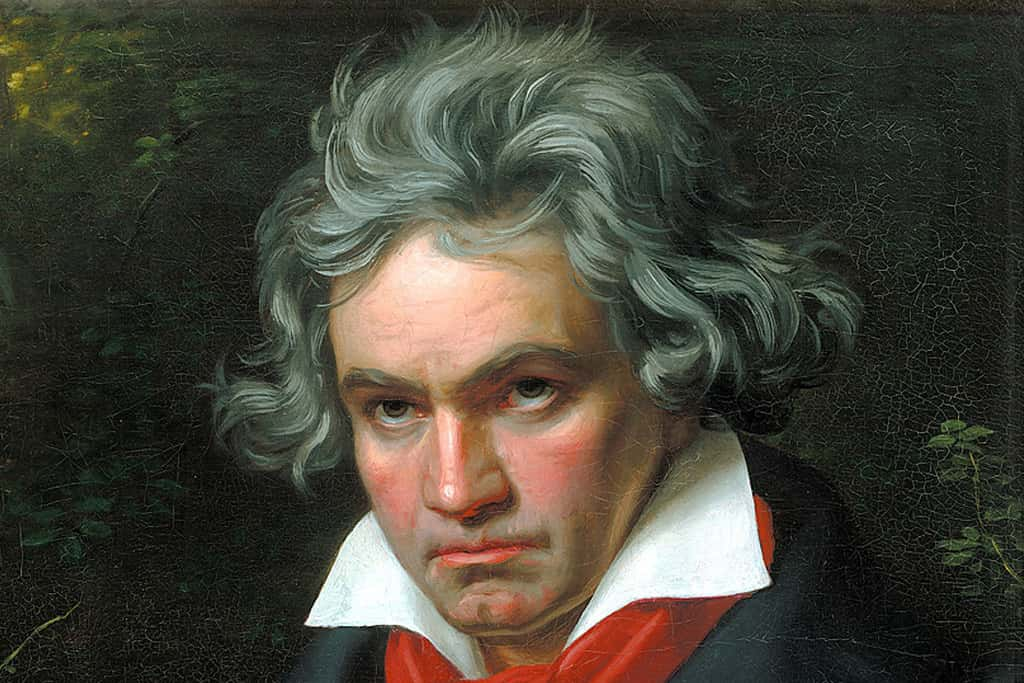 Flickr, Royal Opera House Covent Garden
Flickr, Royal Opera House Covent Garden
17. Gotta Keep 'Em Moving
The Trans-European Transport Networks was created to help move people and goods throughout the EU efficiently, by means of road, air, rail and water. The original guidelines came about in 1996 with multiple amendments being added throughout the years following.
16. What Should I Drink Then?
A lot of people go for a glass or bottle of water when they’re thirsty. Just don’t tell the European Union that. They believe that drinking water does nothing for dehydration. In fact, they’ve told bottled water producers that they can’t put anything on their labels that may imply that drinking water would help with dehydration. Wait, what? Are they in the pocket of big Gatorade or something?
15. Bathroom Talk
If water isn’t supposed to help you stay hydrated, then prunes can’t help you, uh, pass a bowel movement either. Well, that’s what the European Union says. “The evidence provided is insufficient to establish a cause and effect relationship between the consumption of dried plums of 'prune' cultivars (Prunus domestica L.) and maintenance of normal bowel function,” the Union announced. I say try it for yourself, if you need to, and make up your own mind on this one.
14. Fear the Diabetic Driver!
Diabetics: take warning. The EU doesn’t want you driving. It’s not actually enforced, but former British Prime Minister Cameron was against the policy and once said, “do you suppose anyone in China is thinking, 'I know how we'll grow our economy—let's get those diabetics off our roads'?”
13. Cheaper by the Dozen or the Weight?
How do you pay for eggs? By the package or by the weight? The EU says that you can buy a dozen eggs, but it has to be by the weight of the package, not just your typical dozen. In 2010, they declared that food items can’t be priced per number, like our example of the dozen eggs. Nope. Instead it has to go by the weight. Alright, well, maybe that’s cheaper in the long run?
12. Maybe Just Get Hardwood Floors Instead
Oh, the vacuum. They clean well and cats are terrified of them. Oh, and the European Union likes to dictate what power of vacuum can be bought and sold. In 2014, the EU ruled that vacuums which had powerful motors over 1,600 watts were no longer allowed. The thought behind this was to help conserve energy and encourage use of devices that were more efficient. Sir James Dyson, of the Dyson vacuum fame, took offense to this decision, citing that German vacuums were given an unfair advantage over his own. I wouldn’t mind living in the EU, but if I can’t take my Dyson with me, I’m not going.
11. Cooking Times May Vary
The EU also has restrictions on the power of ovens. Probably along the same lines of the vacuums, this likely has to do with power consumption. Dinner may be served anytime between six and eight then?
10. Getting Handsy
When you’re cleaning up after dinner, the EU hopes your washing gloves can withstand detergent. No really, that’s a thing. They even introduced the Personal Protective Equipment Legislation for it. Oh, and oven gloves have to be able to withstand heat of 200 degrees Celsius, which I think I’m okay with. I’d rather not burn myself, thank you very much!
9. Plenty More Fish in the Sea
The EU restricts the amount of fish that can be caught. Each country is given a quota they must follow, but fishermen aren’t too pleased about it. Because of the restrictions, they sometimes have to throw their catch back into the water, and those fish could already even be gone. Critics also suggest that the lower quota of fish leads to higher pricing and fewer fishing fleets.
8. Everybody’s Working for the Weekend
Interestingly, the European Union has rules regarding how many hours a person is allowed to work in a week. They have made it not permitted for a workplace to make employees work more than 48 hours. So among all the legislation of household items, they have actually found time to make some useful laws.
7. They Are Beautiful, in Every Single Way
Okay, this is good. Back in 1995, the EU set out guidelines for how bananas and cucumbers should look. No really, this one is true! Growers of these two food items were told that they needed to get rid of bananas that were too curvy, and cucumbers that weren’t straight enough. It took until 2008 for this instruction to be forgotten, for fear that the growers were throwing out perfectly good food just because of how it looked.
6. Let Them Eat!
Like we mentioned, the European Union has its own policies. Apparently, that also includes how its member countries are allowed to dispose of gone livestock. Madrid went to the EU in 2009 appealing these laws because Spanish vultures were essentially starving to demise. This sounds like an esoteric attempt at satiric allegory, but it’s not.
5. Optimus Twelve
The European Union has its own flag, complete with twelve stars. There’s a thought that they originally meant to symbolize twelve countries, but no correlation has ever truly been confirmed especially since there’s more than double that amount in members today. The twelve stars is generally thought of as a symbol of unity and perfection.
4. Branching Out on Their Own
The British exit from the the EU is not the first time a country decided to leave the Union. In 1979, a referendum was held in Greenland, with the majority in favor of leaving. The country officially left in 1985, six whole years after the referendum.
3. Lost in Translation
Those five different institutions mentioned earlier? They only use a few, select languages to conduct their business. The European Commission uses English, French and German, while the European Court of Justice mainly uses French and the European Central Bank is mostly English.
2. Thanks for the Memories
Brexit was a pretty major deal in the UK, with people divided over what to do. But, even the Queen weighed in and gave her consent that the split should go forward.
1. Pax Romana
The centuries after the fall of Rome are often cited as the nascent beginnings of the European Union, as many European states saw themselves as successors of the Roman Empire (for example, the Frankish Empire and the Holy Roman Empire). These continual attempts at a unity of various states are the seeds from which the European Union developed.
Sources: 1, 2, 3, 4, 5, 6, 7, 8, 9, 10, 11, 12, 13, 14, 15, 16, 17, 18, 19

